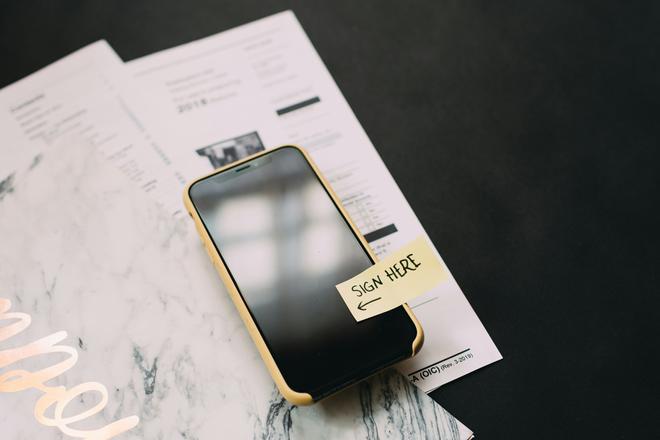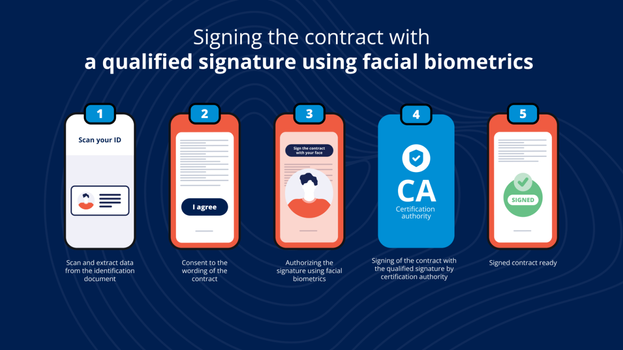Softec, a Slovak consulting and technology services company, has created a unique solution enabling companies and their clients to sign contracts with the highest possible legal acceptance at speed and at low cost, through the client’s qualified electronic signature with a qualified electronic timestamp. The solution is fully compliant with the latest EU legislation (eIDAS) and very user-friendly. Based on the available information, Softec is the first company in the Central European region with such a solution, the company wrote in its press release.
“Thanks to this universal solution, which is accepted across the EU and uses local possibilities, we can convert any business conversation between our customers and their clients into a legally binding written agreement, regardless of whether the conversation takes place in person or remotely,” Libor David, digital architect at Softec, said in the press release. “Our solution is economically attractive and, moreover, the implementation takes a maximum of a few weeks.”
The uniqueness of the solution is based on the fact that the qualified signature can be performed without prior preparation, without the need for clients to visit the branch and without other restrictive or procedurally demanding conditions, as is common when using a qualified signature. It does not require any special hardware, any additional passwords or actions.
It leverages the current possibilities offered by facial biometrics along with identity documents, or various smart keys. The solution enables to keep the written form of the concluded agreement, while ensuring the identification of the signing client.
The solution is based on the proven contracting platform NFINITY, a SaaS service for identity verification and signing contracts online, which is intended for banks, mobile operators, insurance companies, as well as real estate companies, brokers or network service providers.
The qualified electronic signature with qualified electronic timestamp represents the highest level of electronic signature and is still only minimally used by the public. Entrepreneurs use it, for example, when filing tax returns. Softec hopes that its solution may reverse this trend.


 Softec, Slovak consulting and technology services company, has created a unique solution enabling companies and their clients to sign contracts with the highest possible legal acceptance at speed and at low cost. (source: Unsplash)
Softec, Slovak consulting and technology services company, has created a unique solution enabling companies and their clients to sign contracts with the highest possible legal acceptance at speed and at low cost. (source: Unsplash)
 (source: Courtesy of Softec)
(source: Courtesy of Softec)